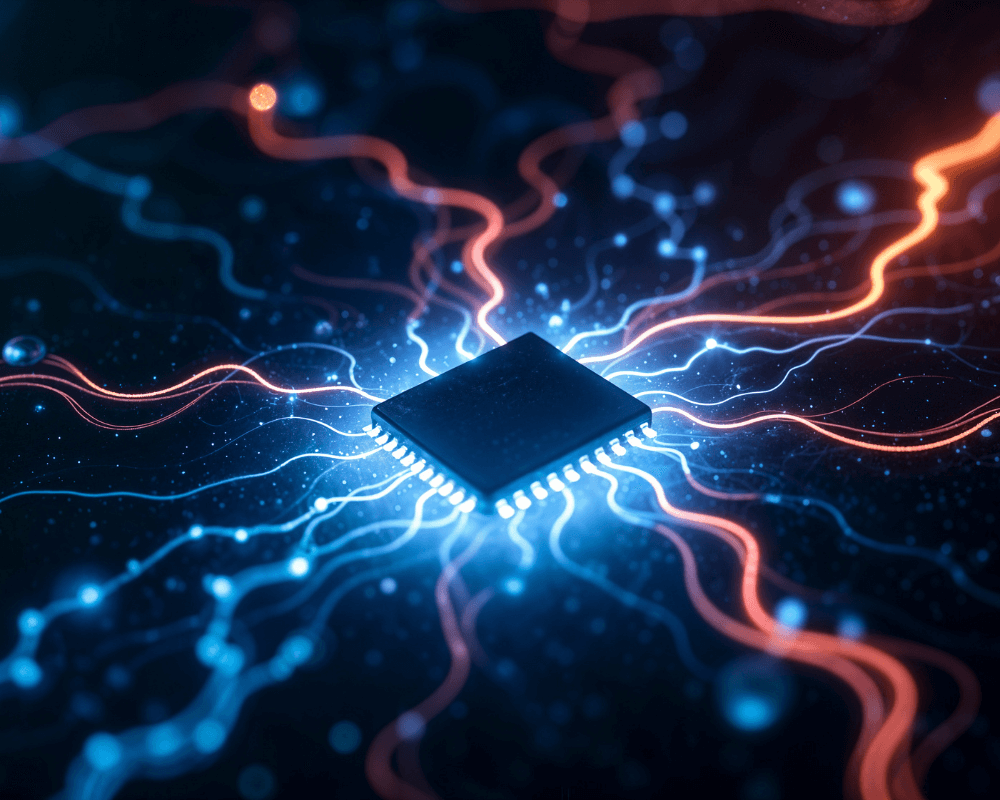July 25, 2025 By: JK Tech
For over 20 years, scientists have chased a critical piece of the quantum computing puzzle, something known as a “magic state”. Now, researchers from QuEra Computing, Harvard, and MIT have, for the first time ever, successfully demonstrated magic state distillation using logical qubits.
So, what is a magic state, and why does it matter?
To put it simply, magic states allow quantum computers to go beyond just doing basic calculations. They are essential for running advanced operations that regular computers can’t handle. These special states act as a kind of “fuel” for the most powerful quantum algorithms. Without them, even the most advanced quantum machines would be stuck doing things that classical computers already manage just fine.
However, there’s a catch: these states are incredibly error-prone, and unless they can be cleaned up or “distilled”, they’re not reliable enough to be useful. Until now, scientists had only been able to distill magic states using physical qubits– the raw, hardware-level building blocks of quantum computers. The problem? Physical qubits are notoriously unstable and easily affected by noise.
The new breakthrough involves logical qubits, which are much more reliable. Think of logical qubits as teams of physical qubits working together, with built-in error-correction, kind of like how a group project might have backup members to cover for someone if they make a mistake. These logical qubits can catch and correct errors, making them far more practical for real computing tasks.
Using QuEra’s Gemini processor, which works with individual atoms to perform quantum operations, the research team managed to purify magic states using a process called 5-to-1 distillation. In this method, five lower-quality magic states are combined to produce one that’s far more accurate.
To test it, they used two types of logical qubits:
- Distance-3, which can correct one error, and
- Distance-5, which can correct two errors.
And the results were impressive.
For Distance-3, the quality of the magic state improved from 95.1% to 99.4%. For Distance-5, it rose from 92.5% to 98.6%. These improvements mean that the system could reduce logic errors by up to 8 times, a huge step toward stable quantum computing.
Dr. Yuval Boger from QuEra highlighted the significance of the achievement. He explained that without magic state distillation, quantum computers simply can’t unlock their full potential. It’s not just a “nice-to-have”, it’s an essential milestone.
This breakthrough changes the game. The quantum community is no longer asking, “Can we build fault-tolerant quantum computers?” That question has been answered. The focus has now shifted to: “Can we use them to solve real-world problems that traditional computers can’t touch?”
So why should you care?
Because this development is one of the final hurdles in making scalable, practical, error-resistant quantum computers a reality. Once those are in place, quantum computing could transform industries—from drug discovery and finance to logistics and climate modeling.
For the first time, we’re not just talking about what quantum computers might do someday. We’re now beginning to see how they’ll do it, and that makes all the difference.



